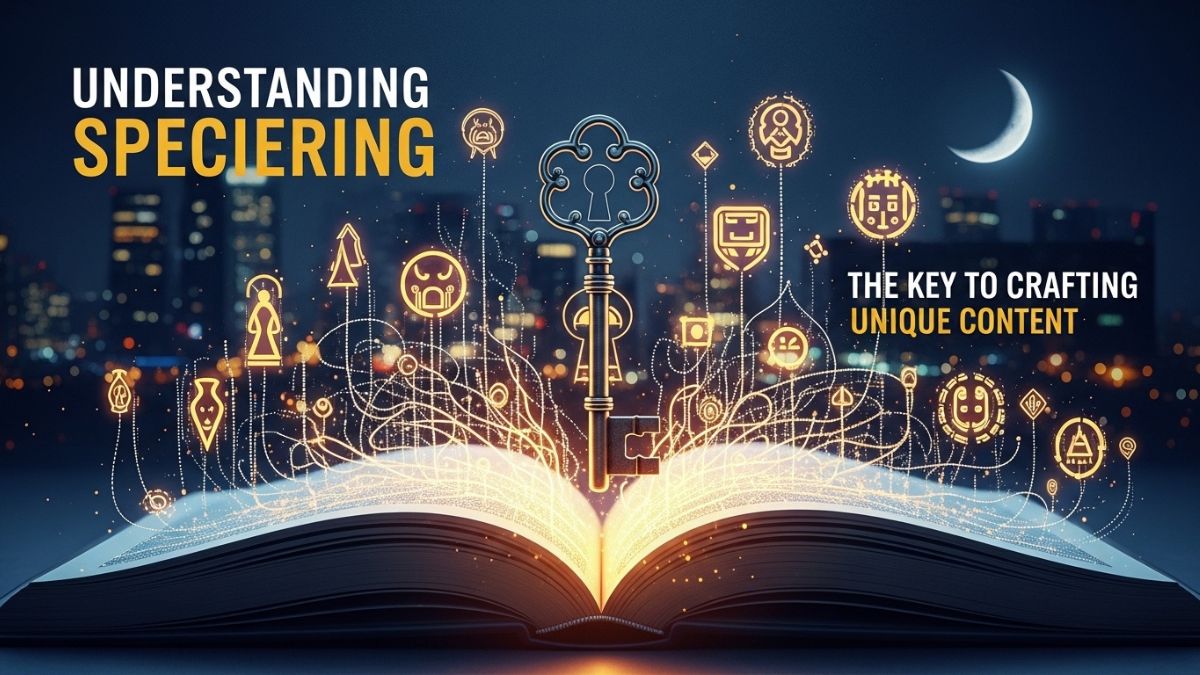Incestflox is a term that has drawn attention due to the controversial nature of its subject matter. It deals with relationships within a family that violate social, legal, and ethical boundaries. This topic is often difficult to discuss because of its sensitive nature and the consequences it brings to individuals, families, and society at large.
In this article, we will explore the key aspects of incestflox, the psychological impacts, ethical dilemmas, legal frameworks, and the broader societal implications. We will also discuss what can be done to prevent these harmful relationships and support those affected.
What is Incestflox?
Incestflox refers to sexual or romantic relationships between individuals who are closely related by blood, typically within a family. These relationships violate deeply ingrained social norms and legal boundaries in many cultures around the world. Incestuous relationships often involve siblings, parents, or close relatives, and are considered taboo in most societies.
The very idea of incest creates discomfort and controversy because it breaches boundaries of trust and emotional safety within families, leading to negative consequences for those involved.
The Psychological Impact of Incestuous Relationships
One of the most severe consequences of incestuous relationships is the long-term psychological harm it causes. Individuals involved in incestuous relationships often experience intense feelings of guilt, shame, and trauma. Victims, particularly children, may suffer from emotional distress, depression, and anxiety that can last well into adulthood.
Childhood Trauma and Abuse
In cases where incest involves minors, the trauma is even more severe. These children, who should be in nurturing and protective environments, are often subjected to abuse by a trusted family member. This can lead to lifelong psychological challenges, including difficulty trusting others, forming relationships, and maintaining mental health.
Children exposed to incestuous relationships are also at a greater risk of developing personality disorders, post-traumatic stress disorder (PTSD), and self-esteem issues.
Consent and Power Dynamics
A critical factor in incestuous relationships is the issue of consent. While some argue that adults have the right to make their own decisions, the power dynamics between family members can create situations where genuine consent is impossible. The influence of a parent or older relative over a younger family member can distort the younger person’s ability to make decisions freely.
In cases involving minors, consent is not legally possible, and the adult’s actions are considered a serious abuse of power and trust.
Legal Framework Around Incest
Incest is illegal in many countries due to the potential harm it causes to individuals and the broader society. Laws regarding incest vary from place to place, but the common goal is to protect individuals, particularly vulnerable family members, from being exploited.
In some regions, even consensual incestuous relationships between adults are considered criminal, as they are viewed as harmful to social order and family integrity. Penalties for incestuous behavior can range from fines to imprisonment, depending on the severity of the case and local laws.
Ethical Dilemmas and Social Stigma
Incestuous relationships raise complex ethical dilemmas. On one hand, some argue that adult individuals have the autonomy to engage in consensual relationships of their choice, regardless of family ties. On the other hand, societal norms and the potential psychological harm of these relationships reinforce the need for strict boundaries.
The stigma associated with incest is deeply rooted in cultural, religious, and social beliefs. Families often face ostracization from their communities if incest is discovered, leading to isolation and further emotional trauma.
Genetic Concerns
Another reason why incestuous relationships are frowned upon is the potential genetic risk. Relationships between close relatives increase the likelihood of genetic disorders in offspring. This occurs because close family members are more likely to share the same recessive genes, leading to a higher chance of genetic anomalies in children born from incestuous unions.
Incest and Family Structure
Incestuous relationships undermine the core structure of families. Families are supposed to be environments of trust, support, and protection. When these boundaries are crossed, the fundamental fabric of the family unit is damaged, often irreparably. The long-term emotional and psychological consequences can affect not just the individuals involved, but future generations as well.
Support for Victims of Incest
Supporting victims of incestuous abuse is critical for their recovery and healing. Therapy, counseling, and social support are essential components in helping survivors cope with the trauma and rebuild their lives. Providing a safe space for victims to talk about their experiences without fear of judgment or shame is crucial in their healing process.
Social services and legal systems must also play a role in protecting vulnerable individuals and ensuring that abusers are held accountable for their actions.
Preventing Incestuous Relationships
Preventing incestuous relationships requires education, awareness, and robust legal frameworks. Families must be educated about the importance of maintaining healthy boundaries and the dangers of incest. Society as a whole should work to reduce the stigma surrounding discussions of sexual abuse, so victims feel empowered to come forward and seek help.
Additionally, communities should foster open communication about healthy relationships and consent, ensuring that individuals are aware of their rights and the boundaries that should never be crossed.
The Role of Education in Prevention
Education is one of the most effective tools for preventing incestflox incestuous relationships. Schools, parents, and communities should teach children and young adults about personal boundaries, respect, and the importance of consent. Providing this knowledge at an early age can empower individuals to recognize inappropriate behavior and report it before it escalates.
Conclusion
Incestflox is a deeply troubling issue that raises serious ethical, legal, and psychological concerns. Incestuous relationships, whether consensual or not, often result in severe emotional trauma, damage to family structures, and long-term psychological harm. The stigma surrounding incest and the legal implications reinforce the need for strict boundaries and protection of vulnerable individuals.
Supporting victims, raising awareness, and educating people about the dangers of incestuous relationships are essential steps toward preventing this form of abuse. By fostering an environment where victims can speak openly and get the help they need, we can work to mitigate the devastating effects of incest.
FAQs
Is incest illegal in most countries?
Yes, incest is illegal in many countries due to the psychological, emotional, and genetic risks involved.
What are the psychological effects of incest?
Victims of incest often experience long-term emotional distress, including depression, anxiety, and PTSD.
Can incestuous relationships be consensual?
Even if consent is claimed, power dynamics within families can make genuine consent difficult, especially between adults and minors.
Why is there social stigma surrounding incest?
Incest violates deep-seated cultural, religious, and ethical norms, leading to significant social stigma.
How can incestuous relationships be prevented?
Education, open communication about healthy relationships, and strict legal frameworks can help prevent incestuous relationships.















